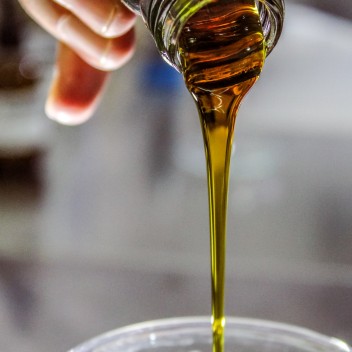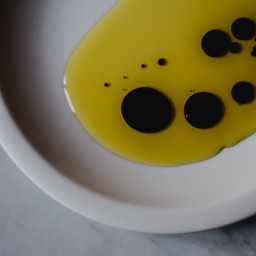Provenance is a crucial price determining factor for olive oils and other high-quality oils. It is an indicator of quality and reputation. Verifying the country of origin of the famous olive oil producing regions is of high interest to stakeholders in order to secure supply chain and keep customer trust.
- Verify country of origin: Italy, Spain, Greece, Portugal, Turkey, Tunisia
- Verify PDO and regional provenance: Terra di Bari, Apulia, Tuscany, Sicily, Kalamata, Chania, Siteia, Rethymno, Chalkidiki, Andalusia, Catalonia, and many others
The stable isotope ratios in terrestrial plants are influenced by climatic conditions. Therefore, in the case of olive oil (and other terrestrial vegetable oils), conclusions can be drawn from these parameters about the climatic conditions and thus about the geographical origin.
With a strong and robust dataset, an unprecedented discrimination of different origins is possible. With our approach we evaluate the isotope ratios of C, H, O and a full NIR spectrum in one fingerprint.




